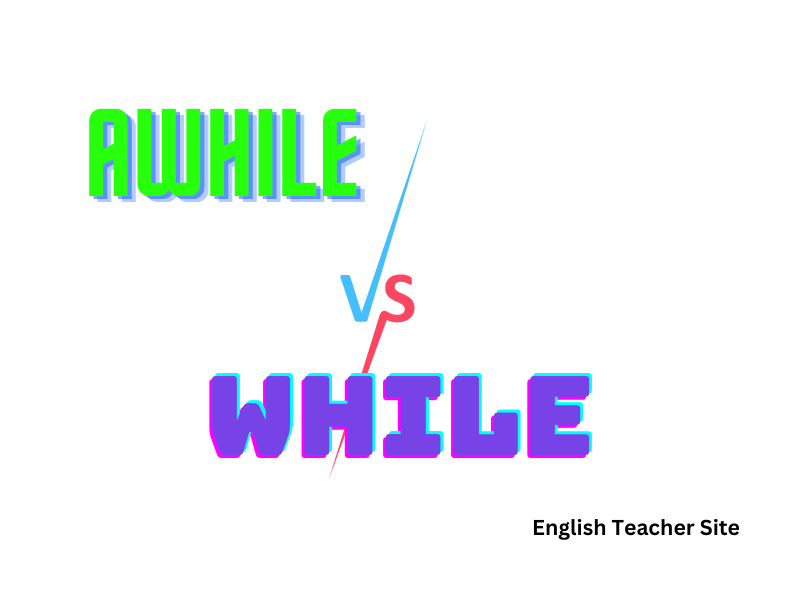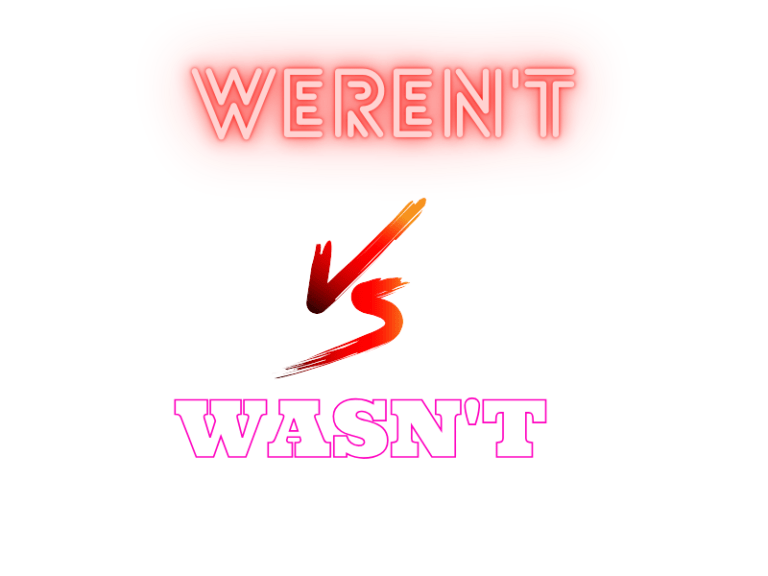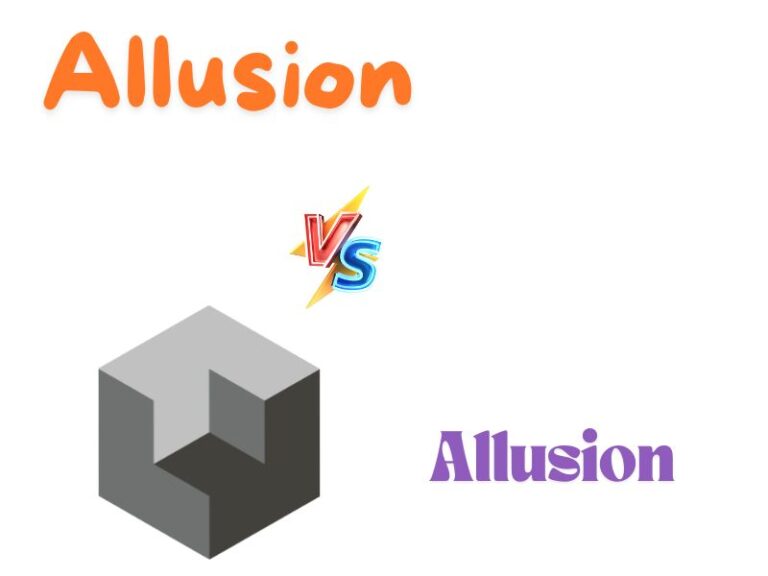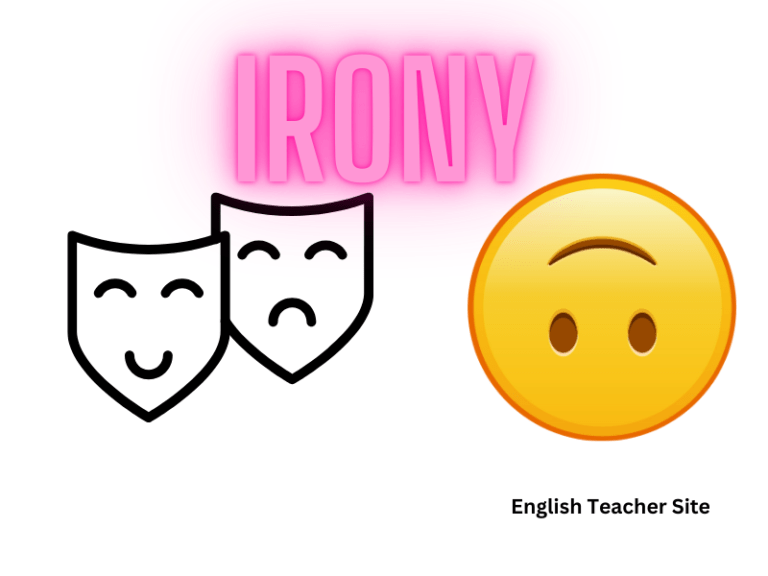The Difference Between Awhile and A While: Understanding Usage and Grammar

- “Awhile” is an adverb meaning “for a short time.”
- “A while” is a noun phrase that represents “a period of time.”
- Correct usage depends on the function of the word in the sentence.
When deciding which form to use, the key is to determine the function of the word in the sentence. For example, “awhile” would be used in “Rest awhile,” whereas “a while” fits in “I will rest for a while.” These subtle differences dictate readability and are critical for achieving precise expression.
The Difference Between Awhile and A While
In discussing the intricacies of English grammar, it’s essential to recognize the distinct meanings and uses of the terms “awhile” and “a while.”
Definition of Awhile
“Awhile” is an adverb, meaning it describes an action, answering the question “how long?” This word suggests a brief period of time.
| Grammar Term | Function |
|---|---|
| Awhile | Adverb describing the duration of an action |
- Example: “Please stay awhile.”
Definition of A While
In contrast, “a while” is a noun phrase, which comprises two separate words: the article “a” and the noun “while,” indicating a period of duration.
| Grammar Term | Function |
|---|---|
| A while | Noun phrase denoting a period of time |
- Example: “It has been a while since their last meeting.”
Bullet Points Summary:
- “Awhile” directly modifies verbs.
- “A while” can be used after prepositions or as the object of a sentence.
Usage and Examples
In the nuances of English grammar, “awhile” and “a while” have distinct uses. “Awhile” is an adverb meaning “for a short time,” whereas “a while,” which is a noun phrase, refers to a period of time and is often preceded by prepositions or used with words like “ago” and “back.”
When to Use Awhile
- “Awhile” should be used when indicating a brief period of time and functions as an adverb. It never follows a preposition because the adverb already contains the prepositional sense of “for.”
- Examples where “awhile” is used correctly:
- She waited awhile before knocking again.
- The puppy slept awhile after playing.
When to Use A While
- “A while” is used when a period of time is referred to as a noun and is often employed after prepositions such as “for” or “in.”
- Examples where “a while” is properly used:
- I haven’t seen them in a while.
- Let’s rest for a while after our hike.
Common Mistakes and Confusion
- To avoid common errors, it’s important to recognize whether the context requires an adverb or a noun phrase. A mistake often arises when “awhile” is incorrectly used after a preposition.
- Correct usage of “awhile” vs. “a while”:
| Incorrect Sentence | Corrected Sentence | Explanation |
|---|---|---|
| Let’s sit for awhile. | Let’s sit for a while. | “For a while” is the correct noun phrase following a preposition. |
| I haven’t seen them awhile. | I haven’t seen them in a while. | “In a while” is correct as it is a noun phrase with a preposition. |
- Common confusions to be aware of:
- Incorrect: I will read for awhile.
- Correct: I will read for a while.
When distinguishing between “awhile” and “a while,” the key is to identify whether the expression is needed as an adverb or as a noun phrase within the sentence structure.
Synonyms of ‘awhile’
Exploring synonyms of “awhile,” one delves into the varied terms that express the concept of a short time period. “Awhile,” an adverb, implies a brief or short duration.
Briefly and momentarily are two synonyms that suggest an action occurring for a limited time. Below is a list that captures these and other synonyms:
- Briefly
- Momentarily
- For a moment
- Temporarily
- For a short time
Another set of words that parallel “awhile” in meaning include shortly and soon, which not only denote brevity but also an implication of imminence. The following table illustrates the synonyms and their nuances:
| Word | Nuance |
|---|---|
| Shortly | Soon; within a brief period |
| Soon | In a short time from now; almost immediately |
| For a spell | For a relatively short duration (informal) |
| For a bit | For a small amount of time; casually used |
Additionally, terms like for a spell or for a bit are more colloquial synonyms that convey the casual usage of time-related adverbs.
Finally, to broaden the linguistic palette, one can also consider phrases that serve as functional equivalents of “awhile,” though they are not strictly adverbs:
- For a minute: Conveys a casual short duration
- In a moment: Suggests a brevity and a sense of forthcoming action
These synonyms and phrases provide alternatives that maintain the original adverb’s meaning and offer variety in expression.
Sentence examples with ‘a while’
Understanding when to use ‘a while’ can clarify your writing and help you communicate more effectively. ‘A while’ is a noun phrase consisting of the article ‘a’ and the noun ‘while,’ which means a period of time. Here are some instances where ‘a while’ is used properly in sentences.
Using ‘a while’ after a preposition:
| Preposition | Example Sentence |
|---|---|
| for | She read the book for a while before falling asleep. |
| in | In a while, the bus should arrive at the station. |
| after | He decided to take a break after studying for a while. |
In these examples, ‘a while’ functions as the object of the preposition, forming a prepositional phrase.
When ‘a while’ follows a verb:
- Take a rest; you’ve been working hard for a while.
- Let’s wait here; they should return in a while.
- She hasn’t seen them for a while.
In the sentences above, ‘a while’ is directly used after verbs like ‘take,’ ‘wait,’ and ‘seen.’ It gives a sense of time to the verb it follows.
Using ‘a while’ can add a subtle nuance to a sentence, implying that an action or state extends over a period of time without being specific about the length. This can be especially useful in narrative and descriptive writing, where such details can slow the pace unnecessarily.
By integrating ‘a while’ correctly, writers and speakers can express temporality with elegance and precision. Remember, context will often determine whether this noun phrase is the appropriate choice, so consider the message you want to convey when deciding between ‘awhile’ and ‘a while’.
Sentence examples with ‘awhile’
In exploring the usage of ‘awhile,’ it is essential to discern its function in a sentence. ‘Awhile’ is an adverb, meaning ‘for a short period of time.’ Here are concrete examples demonstrating its correct application in various sentence structures.
Examples of ‘awhile’ in Action:
- After finishing his homework, he rested awhile before starting another task.
- She decided to wait awhile at the cafe until the rain ceased.
In both instances, ‘awhile’ directly modifies verbs—’rested’ and ‘wait,’ respectively—implying a duration of brief rest or pause.
Further Contextual Usage:
- They spoke awhile about their favorite books, their conversation filled with enthusiasm.
- The puppy played awhile in the garden, energetically chasing leaves.
‘Awhile’ effortlessly integrates into a narrative, describing a span within an ongoing activity.
Constructing Sentences with ‘awhile’:
| Subject | Verb | Awhile Usage |
|---|---|---|
| He | ran | He ran awhile to warm up. |
| She | read | She read awhile before bed. |
Through these tables, observe how ‘awhile’ complements the verb without necessitating additional prepositions.
Further Examples with ‘awhile’:
- Continue practicing awhile and you’ll improve.
- The cat slept awhile on the sunny window sill.
These bullets punctuate the flow of the text, providing snappy, clear-cut examples. In these sentences, ‘awhile’ serves its purpose without complicating the structure.
Source
Harper, Douglas. “Etymology of while.” Online Etymology Dictionary, https://www.etymonline.com/word/while
Harper, Douglas. “Etymology of awhile.” Online Etymology Dictionary, https://www.etymonline.com/word/awhile
My name is Khamis Maiouf. I am the creator of the English Teacher Site, dedicated to providing valuable resources and insights for students around the world. With a passion for education and a commitment to helping students enhance their skills, I aim to make English teaching more effective and enjoyable for both educators and students.






